The Ultimate Guide to Indonesian History: from empire to democracy
Intro
Welcome to the ultimate guide to Indonesian history! In this blog post, we will take you on a journey through the rich and diverse history of Indonesia, a country that has been shaped by empires, colonialism, and struggles for independence. From the ancient civilizations of the archipelago to the modern-day democracy, Indonesia has a fascinating past that has influenced its present and will continue to shape its future. So grab a cup of coffee, sit back, and join us on this adventure through Indonesia’s past on our indonesiablog.
A Glance at the Prehistoric Era and Ancient Kingdoms
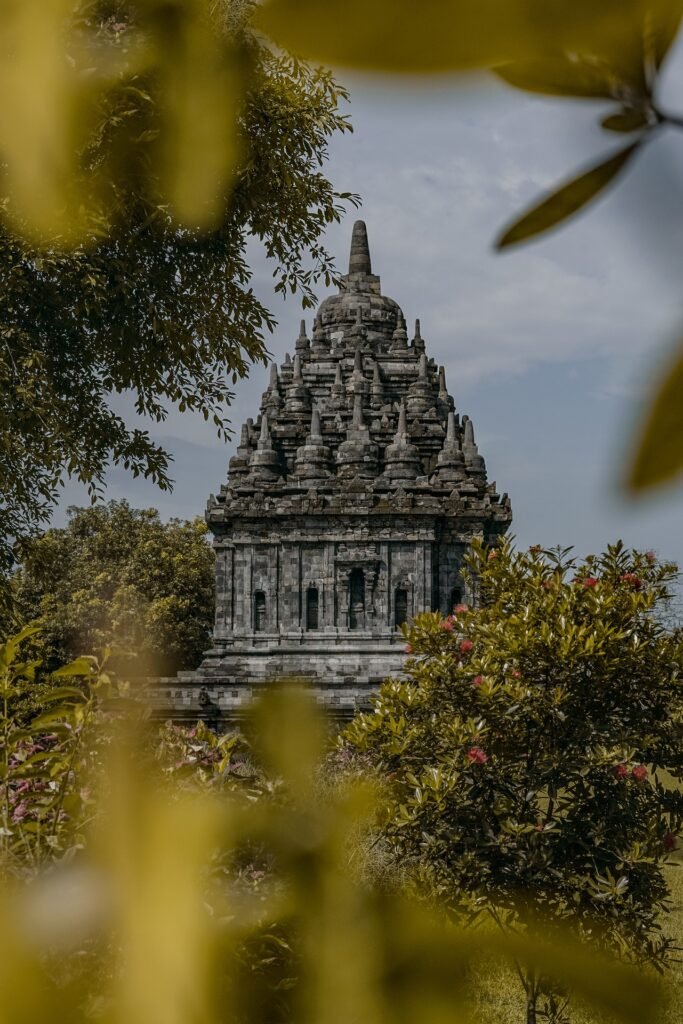
Indtroducing the prehistoric era and ancient kingdoms of Indonesia! Before we dive into the complexities of Indonesia’s history, it’s important to take a step back and explore its early beginnings.
The prehistoric era of Indonesia is shrouded in mystery, but archaeological findings suggest that humans have inhabited the region for at least 2 million years. Stone tools, cave paintings, and remains of ancient settlements give us glimpses into the lives of the earliest inhabitants.
As time progressed, powerful kingdoms began to emerge. One of the most notable ancient kingdoms was Srivijaya, which flourished from the 7th to the 13th century. Located in Sumatra, Srivijaya was a major center of trade, connecting the region with other Asian civilizations. Its influence extended as far as modern-day Thailand, Malaysia, and Cambodia.
Another significant kingdom was Majapahit, which thrived from the 13th to the 16th century. Located in Java, it was one of the largest empires in Southeast Asia. Majapahit’s power stemmed from its strategic location and sophisticated governance. It left a lasting impact on the region, influencing language, art, and architecture.
These ancient kingdoms not only laid the foundation for future civilizations but also contributed to the diverse cultural heritage of Indonesia. They serve as a testament to the rich history and cultural tapestry that continues to shape the nation today.
As we move forward in this journey through Indonesian history, we will explore the influences of Islamic culture and colonial intrusion that would eventually shape the nation’s trajectory. So stay tuned for the next section, where we delve deeper into the captivating story of Indonesia’s past!
The Influx of Islamic Influence and Colonial Intrusion
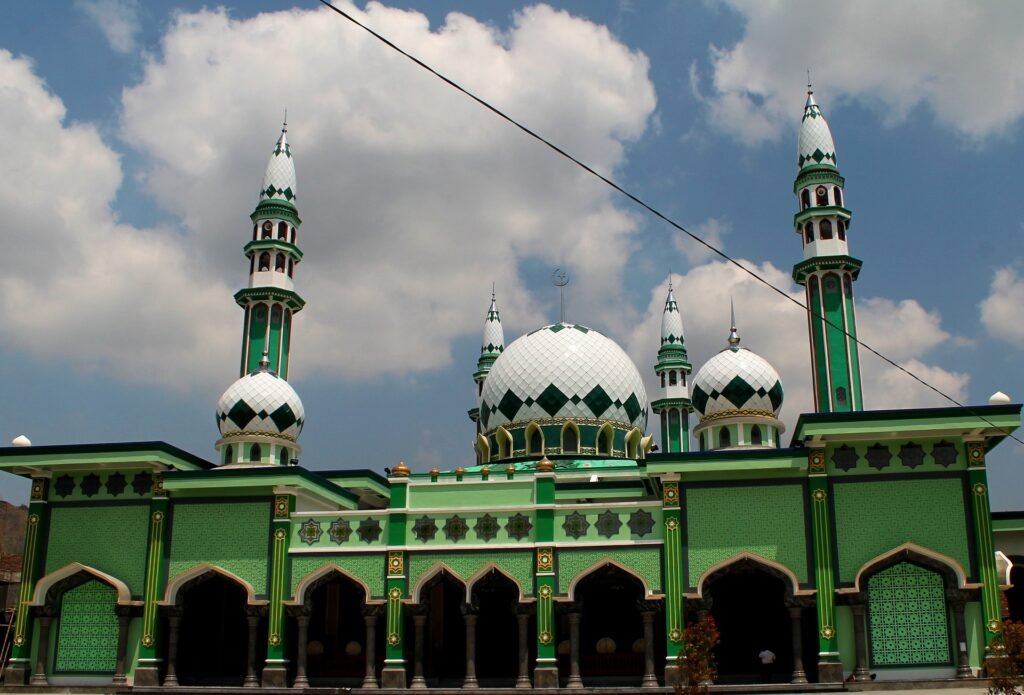
In this section, we will explore a crucial period in Indonesian history – the influx of Islamic influence and colonial intrusion. These two forces played a significant role in shaping the nation’s trajectory, leaving a lasting impact that can still be seen today.
The arrival of Islam in Indonesia marked a profound shift in the region’s cultural and religious landscape. Traders and scholars from the Middle East brought with them not only a new religion but also a wealth of knowledge and ideas. As Islam spread across the archipelago, it intertwined with existing indigenous beliefs and practices, giving rise to a unique form of Islam that is distinctively Indonesian.
At the same time, European powers began to set their sights on the vast resources and potential wealth of the Indonesian archipelago. The Portuguese were the first to arrive, followed by the Dutch, who ultimately established a colonial presence that lasted for centuries. The Dutch East India Company (VOC) became a dominant force in the region, exploiting the abundant natural resources and establishing a system of control and exploitation.
This period of colonial rule brought immense changes to Indonesia, both positive and negative. On one hand, it brought advancements in infrastructure, education, and technology. On the other hand, it also led to the exploitation of local resources, the suppression of indigenous cultures, and the imposition of foreign rule.
The influx of Islamic influence and colonial intrusion shaped Indonesia in profound ways. It created a unique blend of cultures, religions, and traditions that make Indonesia the diverse nation it is today. These influences laid the groundwork for the fight for independence and the birth of a new nation, which we will explore in the next section. Stay tuned for more on this captivating journey through Indonesian history!
Dutch Colonial Rule and Its Implications
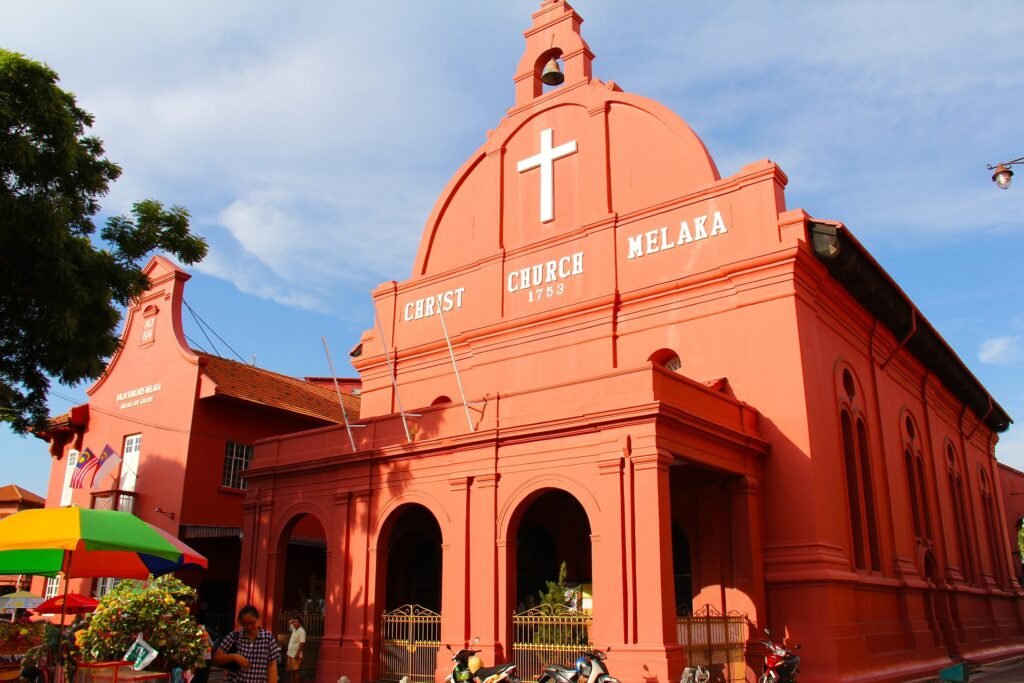
Dutch Colonial Rule and Its Implications
Ah, the era of Dutch colonial rule in Indonesia, a period that left a profound impact on the nation’s history and identity. During this time, the Dutch East India Company (VOC) established a firm grip on the archipelago, exploiting its resources and imposing their rule over the indigenous population.
The Dutch brought advancements in infrastructure, education, and technology, which undoubtedly had some positive effects on the region. However, these developments came at a steep cost. Local resources were ruthlessly exploited, and the Indonesian people were subjected to harsh labor conditions and forced cultivation systems.
Cultural and religious suppression were also rampant during this time. The Dutch imposed their language, religion, and laws on the native population, suppressing their indigenous traditions and identities. The impact of colonialism can still be felt today, as many Indonesians grapple with the lasting effects of this period.
However, it was during this oppressive era that seeds of resistance were sown. Indonesian nationalists, inspired by ideals of independence and freedom, began to organize and fight back against the Dutch colonial regime. The fight for independence would soon come to fruition, as the Indonesian people united to establish their own sovereign nation.
Stay tuned as we explore the birth of a new nation and the leaders who shaped modern Indonesia in the next section of this captivating journey through Indonesian history.
The Fight for Independence and the Birth of a New Nation
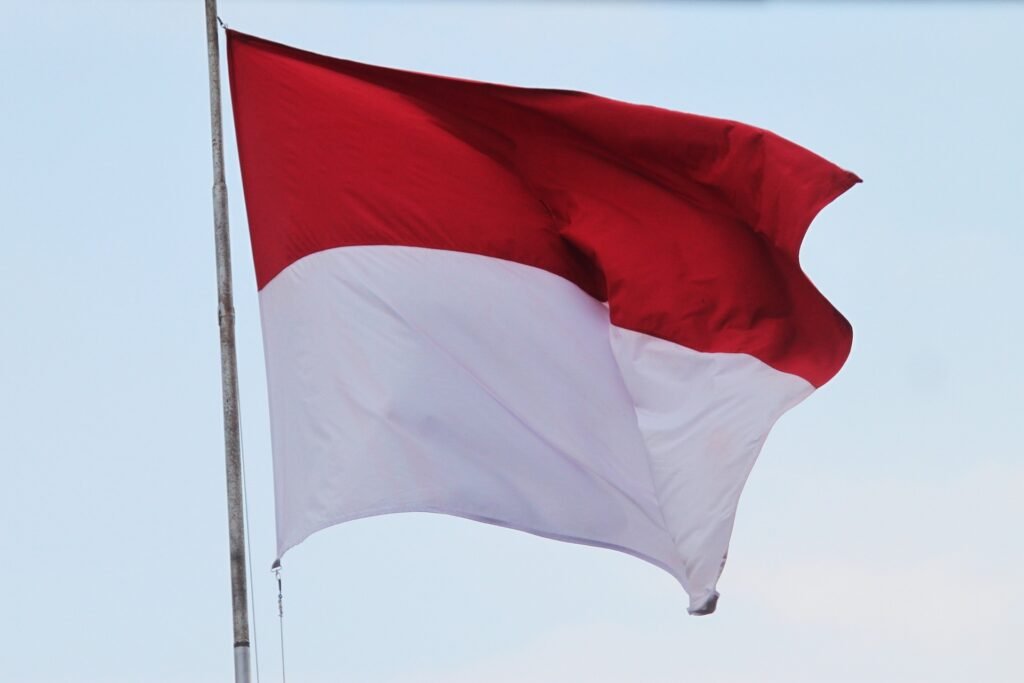
The Fight for Independence and the Birth of a New Nation
Welcome to the section on the fight for independence and the birth of a new nation in Indonesian history! This pivotal era marks the culmination of years of struggle against colonial rule and the establishment of Indonesia as a sovereign nation.
During the early 20th century, nationalist movements began to gain momentum as Indonesians became increasingly disillusioned with Dutch colonial rule. Figures such as Sukarno and Mohammad Hatta emerged as prominent leaders, advocating for independence and mobilizing the masses in their fight against the Dutch.
The Japanese occupation during World War II further fueled the flames of nationalism, as they promised to grant Indonesia its independence. However, their rule came with its own set of challenges and oppressions.
Once the war ended, the Indonesians saw an opportunity to seize their freedom. On August 17, 1945, Sukarno and Hatta boldly proclaimed Indonesia’s independence, igniting a new chapter in the nation’s history.
What followed was a grueling struggle to defend and solidify that independence. The Dutch, refusing to relinquish their grip, launched military offensives to reestablish control. But the Indonesian people, fueled by their unwavering spirit and determination, fought back fiercely.
After four years of intense warfare and international pressure, the Dutch finally recognized Indonesia’s sovereignty in 1949. This marked the birth of a new nation, the Republic of Indonesia, which became a symbol of hope and inspiration for other colonized countries seeking their own liberation.
The fight for independence was not without sacrifices, as countless lives were lost and communities were torn apart. Yet, it was a testament to the resilience and unwavering spirit of the Indonesian people.
This era laid the foundation for a new Indonesia, one that continues to grow and evolve to this day. Join us in the next section as we explore the leaders who shaped modern Indonesia and the transitions that followed the fight for independence. Stay tuned for more fascinating insights into Indonesian history!
Sukarno and Suharto: Leaders Who Shaped Modern Indonesia
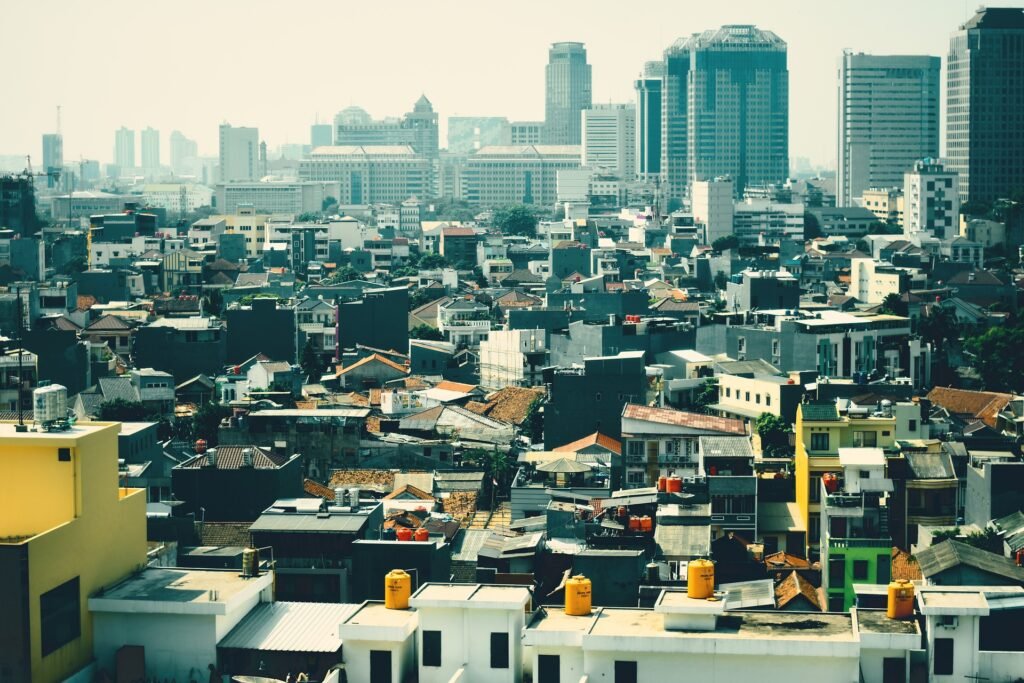
Sukarno and Suharto: Leaders Who Shaped Modern Indonesia
When we think of modern Indonesia, two names that immediately come to mind are Sukarno and Suharto. These two leaders played pivotal roles in shaping the nation and its path towards independence and development.
Sukarno, affectionately known as Bung Karno, was the first President of Indonesia and a key figure in the fight for independence. He was a charismatic leader who captivated the hearts and minds of the Indonesian people. Sukarno’s vision for a united, independent Indonesia inspired a sense of nationalism and unity among the diverse population.
During his presidency, Sukarno implemented policies that aimed to strengthen the nation’s identity and promote self-sufficiency. His ideology, known as “Pancasila,” emphasized the importance of unity, democracy, and social justice.
After Sukarno’s era came to an end, another influential leader emerged: Suharto. He ruled Indonesia for over three decades, from 1967 to 1998, and is often credited with stabilizing the country and spearheading economic development. Suharto’s New Order regime brought about political stability and implemented policies that attracted foreign investment, leading to rapid economic growth.
However, Suharto’s presidency was not without controversy. His authoritarian rule and alleged human rights abuses have been subjects of debate and criticism. Nonetheless, Suharto’s leadership left a lasting impact on Indonesia’s economy and infrastructure.
Both Sukarno and Suharto played instrumental roles in shaping modern Indonesia. They each had their unique approaches and left behind a complex legacy. The leadership of these two individuals set the stage for the country’s transition to democracy and laid the groundwork for the Indonesia we know today.
Join us in the next section as we delve into the era of reformasi and explore the challenges and transformations that marked Indonesia’s journey towards a vibrant democracy. Stay tuned for more captivating insights into Indonesian history!
Transition to Democracy: An Era of Reformasi

The transition to democracy in Indonesia marked a crucial turning point in the nation’s history. Known as the era of “Reformasi,” this period was characterized by political and social upheaval as Indonesia underwent significant changes in its governance and institutions.
In 1998, mass protests erupted across the country, calling for the resignation of President Suharto and an end to his authoritarian regime. These protests, fueled by years of discontent and allegations of corruption, ultimately led to Suharto stepping down from power after ruling for over three decades.
With Suharto’s resignation, Indonesia embarked on a new journey towards democracy. The country held its first democratic elections in 1999, ushering in a new era of political openness and participation. People had the opportunity to freely voice their opinions and choose their leaders, signaling a significant shift in power dynamics.
However, the transition to democracy was not without challenges. Indonesia had to grapple with political instability, economic fluctuations, and social tensions. Nonetheless, the country persevered, and its commitment to democracy strengthened over time.
Today, Indonesia is recognized as a beacon of democracy in Southeast Asia, with regular elections, a vibrant civil society, and a robust media landscape. The country continues to navigate the complexities of democracy, addressing issues such as corruption, inequality, and human rights.
The era of Reformasi marks a critical period in Indonesia’s history, where the nation made significant strides towards political openness and participation. As Indonesia continues to evolve, it stands as an example of the power of democratic ideals and the resilience of its people.
Contemporary Indonesia: A Beacon of Democracy in Southeast Asia
Contemporary Indonesia: A Beacon of Democracy in Southeast Asia
As we reach the final section of our journey through Indonesian history, we arrive at the present day – a time when Indonesia stands proudly as a beacon of democracy in Southeast Asia. The country has made remarkable progress in its transition from authoritarian rule to a vibrant democracy, showcasing the power of the people and their commitment to democratic ideals.
Today, Indonesia holds regular elections, allowing its citizens to freely choose their leaders and have their voices heard. The country boasts a vibrant civil society that actively engages in political discourse and advocates for social change. Freedom of speech and the press are protected, creating a robust media landscape that fosters transparency and accountability.
Indonesia’s commitment to democracy has not gone unnoticed. The nation has become a role model for other countries in the region, inspiring movements towards greater political openness and participation. Its success in navigating the complexities of democracy amidst diverse ethnic, religious, and cultural backgrounds is a testament to the resilience and unity of the Indonesian people.
However, Indonesia still faces challenges on its path to becoming an even stronger democracy. Issues such as corruption, inequality, and human rights continue to be addressed. Nonetheless, the country remains dedicated to the principles of democracy and the pursuit of a more inclusive and prosperous future for all its citizens.
As we conclude our ultimate guide to Indonesian history, let us celebrate the remarkable achievements of this nation and its people. From ancient civilizations to colonial rule, the fight for independence, and the transition to democracy, Indonesia’s journey is a testament to the enduring spirit and resilience of its people. May Indonesia’s rich history inspire us all to continue striving for a better world, one that upholds the values of democracy, justice, and equality.
